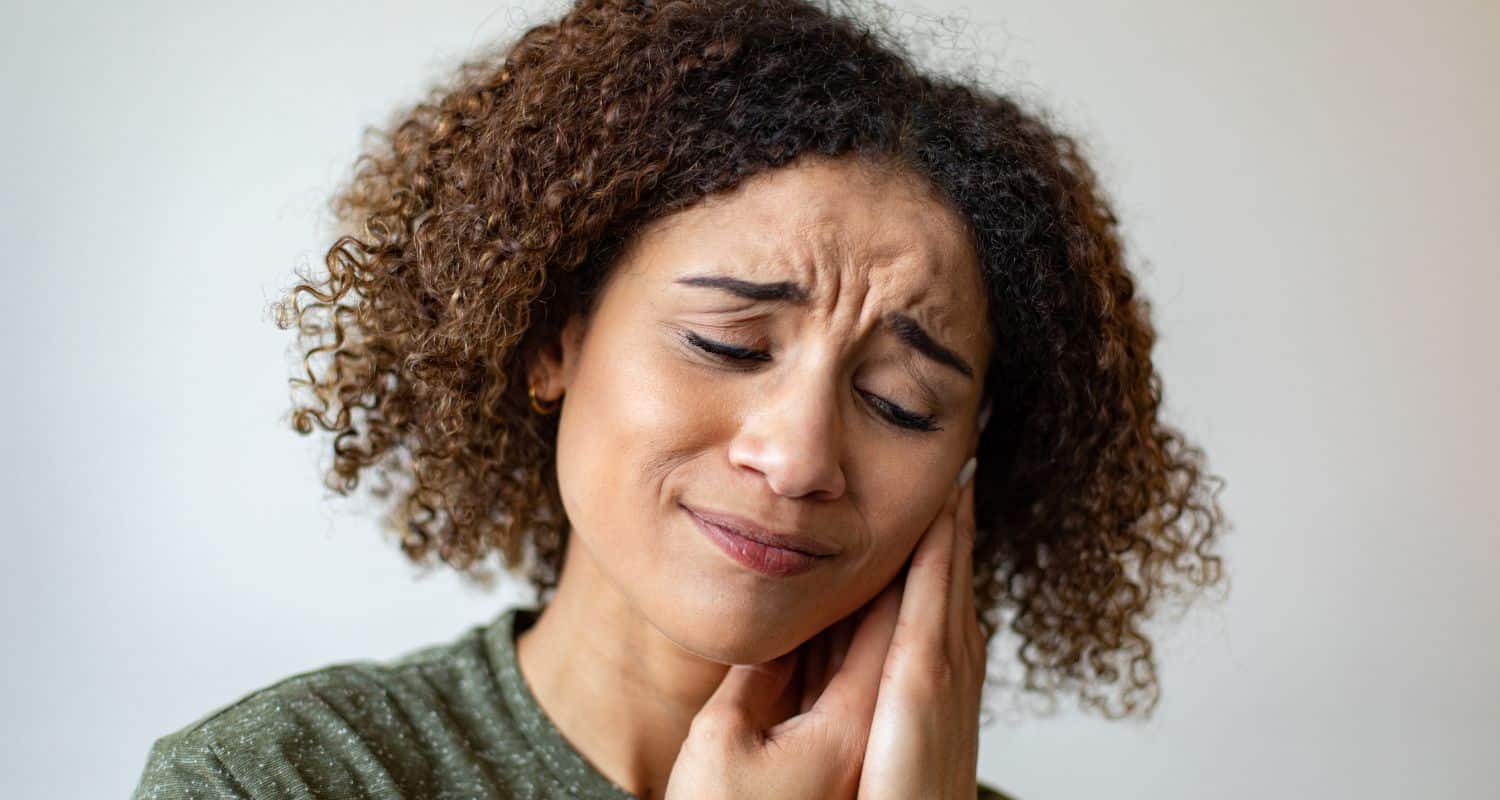
- Common Misconceptions That Delay Hearing Loss Diagnosis - June 6, 2025
- Signs Your Earwax Buildup Needs Professional Attention - May 29, 2025
- Preparing for a Hearing Test and What You Should Bring - May 16, 2025
Have you ever experienced a buzzing or ringing noise in your ears – maybe after leaving a concert or noisy party? This describes tinnitus, hearing specific types of noises in one or both ears when on external sound is actually present. The Centers for Disease Control and Prevention (CDC) estimates that 50 million people experience some degree of tinnitus and that 20 million deal with chronic tinnitus.
Tinnitus can affect everyday life in various ways. This includes disrupting sleep, taking a toll on concentration, straining communication, and contributing to fatigue and irritability. Hearing Health Foundation, 16 million people seek medical attention for tinnitus annually. Fortuenalt, there are effective ways tinnitus can be managed, alleviating the impact it can have on health and wellness.
What Causes Tinnitus?
Tinnitus is not a medical condition itself but is a symptom of an underlying condition one is experiencing. According to the American Tinnitus Association, nearly 200 health issues can trigger tinnitus which can make it challenging to diagnose. Common causes include the following:
- Hearing Loss. The most common cause of tinnitus is hearing loss, a medical condition that affects nearly 1 in 6 people. Hearing loss is the third most common health issue people live with today. It is estimated that 90% of all cases of tinnitus occur with underlying hearing loss. Hearing loss most often occurs when sensory cells in the inner ear are damaged. These cells play a crucial role in how sound is processed by converting incoming soundwaves into electrical signals. When they are damaged, their capacity to process soundwaves effectively is reduced. This results in the brain receiving less auditory information which causes hearing loss. Hearing loss produces a range of symptoms that make it challenging to hear, including tinnitus.
- Ear obstructions. Ear obstructions describe physical blockages that get in the way of sound waves being absorbed and processed. The barriers prevent sound from freely traveling through the ear canal to reach the inner ear, where they are further processed and then sent to the brain. Ear obstructions include: a perforated eardrum, accumulated ear wax, ear infections, bone growths etc. This can contribute to hearing challenges as well as trigger tinnitus.
- Meniere’s Disease. Another cause of tinnitus is inner ear disorders like Meniere’s disease. This condition occurs when there is a buildup of fluid in the cochlea. This causes pressure, inflammation, and produces dizziness as well as tinnitus.
Additional causes of tinnitus include: head/neck injuries, temporomandibular joint disorder (TMJ), specific medical conditions like autoimmune disorders, hyperthyroidism, as well as specific medications.
Tips to Alleviate Tinnitus
Tinnitus can be unpleasant and stressful to deal with. There are several strategies you can practice to alleviate your tinnitus, finding needed relief. This includes:
- Evaluate hearing health. Because hearing loss is a major cause of tinnitus, it is important to have your hearing evaluated. Conducted by a hearing healthcare specialist, hearing tests involve a painless process that measures your hearing capacities in both ears. This identifies any hearing loss and your hearing needs. Hearing loss is commonly treated with hearing aids which are electronic devices that absorb and process speech as well as sound. This provides amples support, alleicating hearing loss symptoms like trinitus and maximizing hearing capacity.
- Tinnitus retraining therapy. A type of sound therapy, TRT focuses on training the brain to interpret tinnitus differently. Using low levels of white noise, deep breathing exercises, while expiring tinnitus symptoms can eventually reach the brain to deprioritize tinnitus sounds. Eventually, the brain can treat tinnitus like other mundane noises we are accustomed to like an a/c unit or fan.
- Use sound machines. Creating ambient noise, or white noise, can distract the brain from focusing on tinnitus which alleviates its impact. You can do this by using white noise machines or downloading an app to play soft and soothing background noises.
- Manage stress effectively. Stress is a major way tinnitus can be triggered and exacerbated. Find and practice ways to process your stress effectively: increasing physical activity, meditation, yoga, taking a walk etc.
- Enhance sleep. Creating optimal conditions for quality sleep is another useful strategy to alleviate tinnitus. You can do this by creating a sleep routine, using aids like an eye mask and diffused lighting, investing in comfortable bedding etc.
